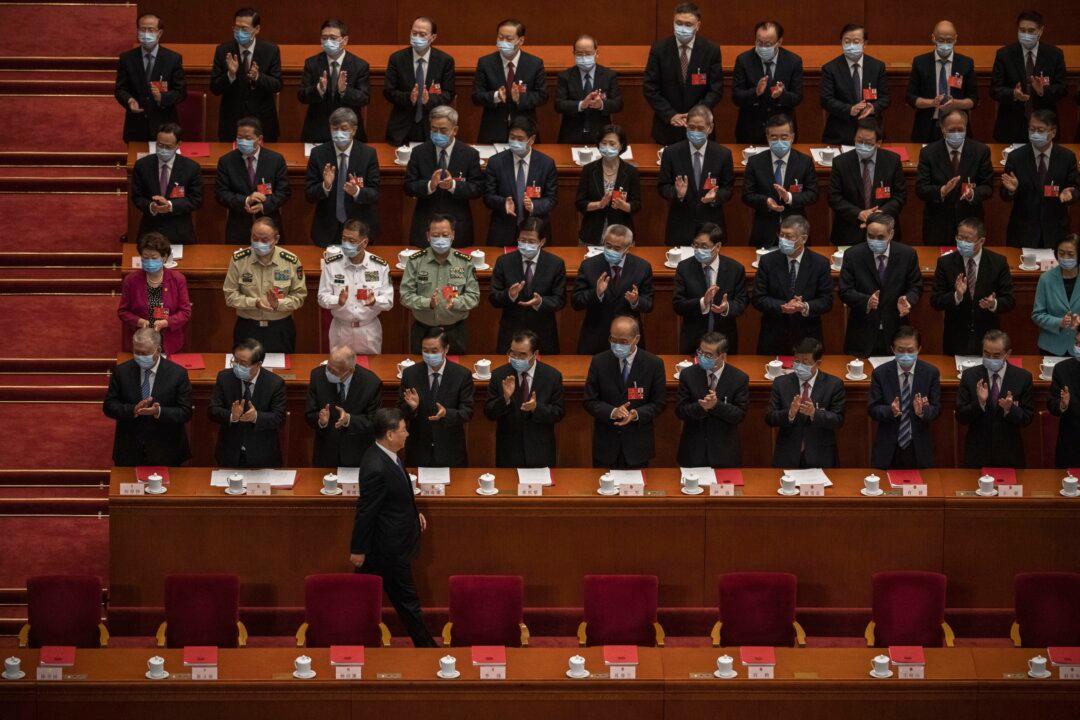Commentary
On July 29, Chinese leader Xi Jinping, who also is chairman of the Chinese Communist Party’s Central Military Commission, presided over a ceremony in Beijing to promote Xu Zhongbo to the rank of general.

On July 29, Chinese leader Xi Jinping, who also is chairman of the Chinese Communist Party’s Central Military Commission, presided over a ceremony in Beijing to promote Xu Zhongbo to the rank of general.